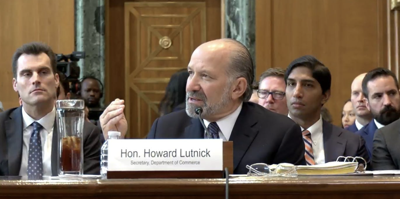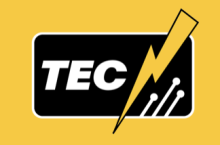How Federal Changes Could Derail BEAD - Episode 659 of the Community Broadband Bits Podcast

In this episode of the podcast, Chris is joined by Sarah Morris, Managing Director of Technology at Waxman Strategies and former Principal Deputy Assistant Secretary at NTIA.
Sarah offers an insider’s perspective on the BEAD program, reflecting on her time helping design and launch the $42.5 billion initiative to close the digital divide.
Together, they unpack the Trump administration’s recent push to steer more households toward satellite service, what it means for state-led broadband planning, and the risks of undermining Congress’s original vision for BEAD.
The conversation also dives into the importance of non-deployment funds, why state-driven processes matter, and how to keep accountability and community needs at the center of federal broadband policy.
This show is 41 minutes long and can be played on this page or via Apple Podcasts or the tool of your choice using this feed.
Transcript below.
We want your feedback and suggestions for the show-please e-mail us or leave a comment below.
Listen to other episodes or view all episodes in our index. See other podcasts from the Institute for Local Self-Reliance.
Thanks to Arne Huseby for the music. The song is Warm Duck Shuffle and is licensed under a Creative Commons Attribution (3.0) license




